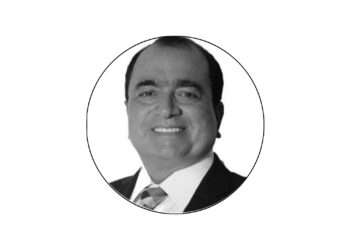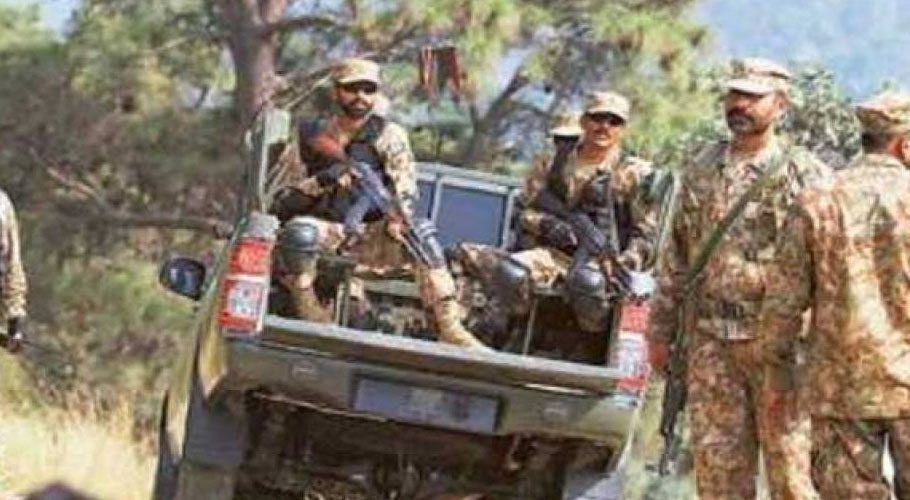President Dr Arif Alvi has set the ball rolling when he announced the date for the ballot on November 6. The president said that this was required of him under Article 48(5) of the Constitution, which states that elections must be held no later than 90 days following the dissolution of the National Assembly.
The National Assembly was dissolved on August 9, 2023 by President Arif Alvi on the advice of Prime Minister Shehbaz Sharif. According to the Constitution of Pakistan, the president has the power to announce a date for the general elections not later than 90 days from the date of the dissolution of the assembly. This means that the elections must be held by November 6, 2023.
However, the Election Commission of Pakistan (ECP), which is an independent constitutional body responsible for conducting and supervising the elections, has argued that the elections should be delayed until February 2024. The reason for this delay is that the ECP needs time to update the electoral rolls and delimit the constituencies based on the results of the 2023 digital census, which were approved by the Council of Common Interests on August 5, 2023.
The ECP claims that it has the sole authority to decide the election date under the Election Amendment Act of 2017. The delimitation process has already begun, and the Election Commission anticipates finishing it by December 2023. If so, the country can have elections by February of the following year.
This is where the dilemma rests as there are two simultaneous opinions on the holding of elections. The dispute between the president and the ECP has created uncertainty and confusion among the political parties and the public.
The main opposition party, the Pakistan Tehreek-e-Insaf (PTI) led by former Prime Minister Imran Khan, has accused the Establishment-backed Caretaker government of trying to prolong its rule by delaying the elections. PTI has demanded that the elections be held on time as per the constitutional deadline. It has also expressed concerns over the credibility and transparency of the digital census, which they allege was manipulated by the PML-N to favor its own interests.
The election date dilemma poses a serious challenge to country’s democratic system and stability. It also reflects the deep-rooted institutional conflicts and political polarization in the country. The only way out is to abide by the constitution. The Supreme Court of Pakistan may have to intervene to resolve this issue and ensure that the elections are held in a free and fair manner. The outcome of these elections will have a significant impact on Pakistan’s future direction and its relations with its neighbors and allies.






























